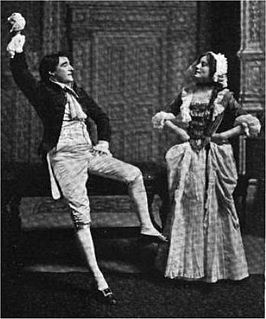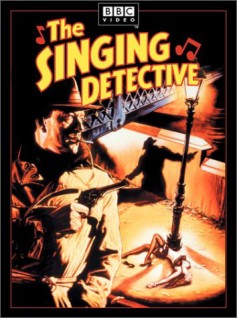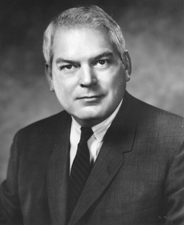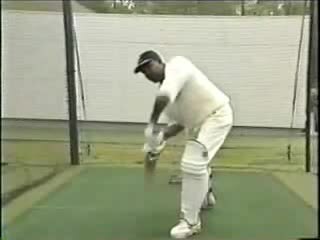
Heart of Darkness (1899) is a novella by Polish-British novelist Joseph Conrad about a narrated voyage up the Congo River into the Congo Free State in the so-called heart of Africa. Charles Marlow, the narrator, tells his story to friends aboard a boat anchored on the River Thames. This setting provides the frame for Marlow's story of his obsession with the ivory trader Kurtz, which enables Conrad to create a parallel between what Conrad calls "the greatest town on earth", London, and Africa as places of darkness.

She Stoops to Conquer is a comedy by the Irish author Oliver Goldsmith, first performed in London in 1773. The play is a favourite for study by English literature and theatre classes in the English-speaking world. It is one of the few plays from the 18th century to have retained its appeal and is regularly performed. The play has been adapted into a film several times, including in 1914 and 1923.
Initially the play was titled Mistakes of a Night and the events within the play take place in one long night. In 1778, John O'Keeffe wrote a loose sequel, Tony Lumpkin in Town.

The Royal Military College (RMC), founded in 1801 and established in 1802 at Great Marlow and High Wycombe in Buckinghamshire, England, but moved in October 1812 to Sandhurst, Berkshire, was a British Army military academy for training infantry and cavalry officers of the British and Indian Armies.

Marlow is a town and civil parish within Wycombe district in south Buckinghamshire, England. It is located on the River Thames, 4 miles (6 km) south south-west of High Wycombe, 5 miles (8 km) west north-west of Maidenhead and 33 miles (53 km) west of central London.

Great Marlow is a civil parish within Wycombe district in the English county of Buckinghamshire located north of the town of Marlow and south of High Wycombe. The parish includes the hamlets of Bovingdon Green, Burroughs Grove, Chisbridge Cross and Marlow Common, and Danesfield, a housing estate for predominantly RAF officers, although families of other ranks from the RAF, Royal Navy and British Army also live there. Prior to November 2007 the major settlement in Great Marlow was Marlow Bottom which has now become a civil parish in its own right.
The Faraday Society was a British society for the study of physical chemistry, founded in 1903 and named in honour of Michael Faraday. In 1980, it merged with several similar organisations, including the Chemical Society, the Royal Institute of Chemistry, and the Society for Analytical Chemistry to form the Royal Society of Chemistry which is both a learned society and a professional body. At that time, the Faraday Division became one of six units within the Royal Society of Chemistry.

The Singing Detective is a BBC television serial drama, written by Dennis Potter, which stars Michael Gambon and was directed by Jon Amiel. The six episodes were "Skin", "Heat", "Lovely Days", "Clues", "Pitter Patter" and "Who Done It".

Marlow Webster Cook was an American politician who served from his appointment in December 1968 until his resignation, in December 1974, as a Rockefeller (Moderate) Republican United States Senator from Louisville, Kentucky.
Sir William Borlase's Grammar School is a selective state grammar school accepting girls and boys aged 11–18 located in Marlow, Buckinghamshire, England. It is situated on West Street, close to the town centre and also accepts students from nearby towns. It has around 1000 pupils, including a sixth form of about 380.

The Sons of Katie Elder is a 1965 Technicolor Western Panavision film directed by Henry Hathaway and starring John Wayne and Dean Martin. It was filmed principally in Mexico.
Richard Kenneth Marlow was an English choral conductor and organist. Born in Banstead, Surrey, he attended St Olave's and St Saviour's Grammar School in Southwark and was head chorister at Southwark Cathedral. He attained his FRCO at the age of 17 years and was an Organ Scholar and later Research Fellow of Selwyn College, Cambridge. He studied with Thurston Dart, writing a doctoral dissertation on the 17th-century virginalist, Giles Farnaby. After teaching at Southampton University he returned to Cambridge in 1968, succeeding Raymond Leppard as Fellow and Director of Music at Trinity and taking up a lectureship in the University Music Faculty.
Alfred Weatherell Milward was a professional footballer who played in the 1893 and 1897 FA Cup Finals for Everton and in the 1900 FA Cup Final for Southampton.
Marlow is a fictional English seaman and recurring character in the work of novelist Joseph Conrad.

Tomorrow at Ten is a 1962 British thriller film directed by Lance Comfort and starring John Gregson, Robert Shaw, Kenneth Cope and William Hartnell.
Joseph Marlow was an English cricketer who played 24 first-class matches for Derbyshire between 1879 and 1886.

William Marlow was an English landscape and marine painter and etcher.
William Borlase was an English politician who sat in the House of Commons between 1659 and 1665.
Sir William Borlase was an English politician who sat in the House of Commons between 1604 and 1614.

Sir William Clayton, 4th Baronet of Harleyford Manor, near Great Marlow, Buckinghamshire was an English politician.
Bobby Marlow was an American and Canadian football running back who played for the University of Alabama and the Canadian Football League's (CFL) Saskatchewan Roughriders.












